Mathematics Education
TASK: A Measure of Learning Trajectory-Oriented Formative Assessment
This interactive electronic report provides an overview of an innovative new instrument developed by CPRE researchers to authentically measure teachers’ formative assessment practices in mathematics.
Deborah Loewenberg Ball
Wakasa Nagakura
Wakasa Nagakura is a senior research Scientist at the Consortium for Policy Research in Education (CPRE). She has a PhD from Columbia University, where she studied mathematics development in young children and the influence of culture, specifically cognitive scaffolding by mothers and teachers in teaching situations, under Dr. Herbert Ginsburg.
Philip M. Sirinides
Philip M. Sirinides is a statistician and researcher with expertise in the application of quantitative research methods and the development and use of integrated data systems for public sector planning and evaluation. His interests include early childhood programing, educational leadership, accountability policy, and organizational learning. Currently, Dr.
Caroline B. Ebby
Caroline B. Ebby is Senior Researcher at the Consortium for Policy Research in Education (CPRE) and an Adjunct Associate Professor at the Graduate School of Education at the University of Pennsylvania. She has extensive experience bridging the worlds of university-based research and school-based practice in mathematics education. Her research focuses on building teacher capacity, the use of learning trajectories to enhance formative assessment, and improving mathematics instruction through university-school partnerships. At Penn GSE, Dr.
Heather C. Hill
Heather C. Hill is a professor at the Harvard Graduate School of Education. Her primary work focuses on developing new measures of mathematics teacher and teaching quality, and using these measures to inform current policies and instructional improvement efforts. From 2000 to 2010, she and colleagues developed an assessment of teachers’ mathematical knowledge for teaching (MKT) as well as an observational instrument to evaluate the mathematical quality of instruction (MQI) within classrooms.



